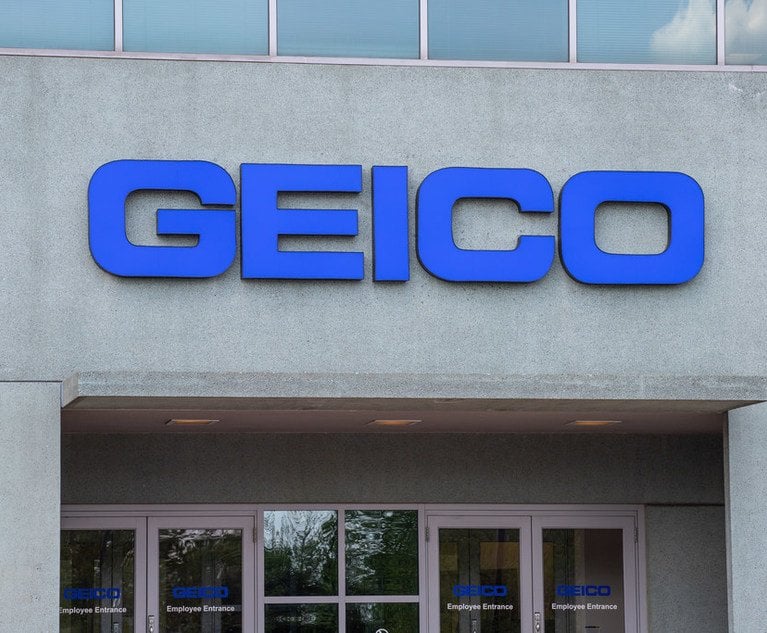Various Geico entities brought a civil action against defendants, including one medical doctor, three chiropractors, Newark Pain and Rehab Center LLC, Garden State Pain Management, P.A., Spinecare Chiropractic Rehab Center, PA., and Capital Chiropractic, P.C., alleging an illegal kickback scheme in connection with personal injury protection (PIP) benefits.
The insurer alleged that defendants Todd Koppel, M.D. and Garden State Pain Management, P.A. unlawfully received PIP benefits by making false representations that they had complied with New Jersey law despite the fact that they had illegally paid kickbacks to chiropractors for patient referrals.
In order to receive copies of the defendants’ criminal and investigative records, Geico served a subpoena on the New Jersey Office of the Insurance Fraud Prosectuor (OIFP) seeking all such records from OIFP’s Medicaid Fraud Control Unit, including law enforcement written reports, notes, and documents provided to the prosecutor and all surveillance videos and audio recordings from the investigation of defendants. Criminal charges were subsequently dismissed.
Defendants filed a motion to quash Geico’s subpoena, alleging that the evidence was irrelevant and privileged and that Geico had not shown a compelling need for the requested information. Defendants alternatively moved for a protective order shielding discovery into the investigative files. Geico objected to the motion, arguing that the records were highly relevant and unavailable from any other source.
The Court ultimately denied defendants’ motion to quash and motion for protective order. Although the Court held that defendants did not have standing to challenge the subpoena on relevancy grounds or that compliance would be unduly burdensome, the Court held that the defendants did have standing on privilege grounds since the records concerned their privacy interest into their criminal cases and because, they alleged, they are privileged under New Jersey law.
Even having standing, the Court first rejected defendants’ argument that records were privileged under New Jersey Administrative Code section13:88-2.10, which only prohibits disclosure of Medicaid fraud records sought pursuant to the Open Public Records Act. Next, the Court rejected defendant’s argument that the records were shielded by Section 11:15-6.11, as subsection (c) contained an exception for disclosure to insurers pursuant to the Insurance Fraud Prevention Act, N.J. Stat. Sec. 17-33A-11:
“[t]he commissioner may, in his discretion, make relevant papers, documents, reports, or evidence available to . . . an insurance company or insurance claimant injured by a violation of this act, consistent with the purposes of this act and under such conditions as he deems appropriate. Such papers, documents, reports, or evidence shall not be subject to subpoena, unless the commissioner consents, or until, after notice to the commissioner and a hearing, a court of competent jurisdiction determines that the commissioner would not be unnecessarily hindered by such subpoena.” Gov’t Emps. Ins. Co. v. Koppel, No. 2:21-cv-03413-MEF-JRA, 2023 U.S. Dist. LEXIS 151531, at *8 (D.N.J. Aug. 28, 2023). The Court noted that the privilege, therefore, is held by the insurance commissioner, not the defendants. Since defendants’ motion stated that OIFP, through the Attorney’s General Office, would only release documents pursuant to a court order, the commissioner did not join in the defendants’ motion to quash, nor did the commissioner file its own motion to quash, the Court ordered the records disclosed. Finally, the Court denied defendants’ motion for a protective order for similar reasons.
This case shows that insurers should seek out all available sources of records, including criminal records, when litigating a civil case for fraud.
Benjamin J. Carroll is a partner in Barclay Damon LLP’s Boston office where focuses his practice on the defense of high-exposure litigation with an emphasis on defending claims involving fraud. He can be reached at [email protected].
Read the full article here


